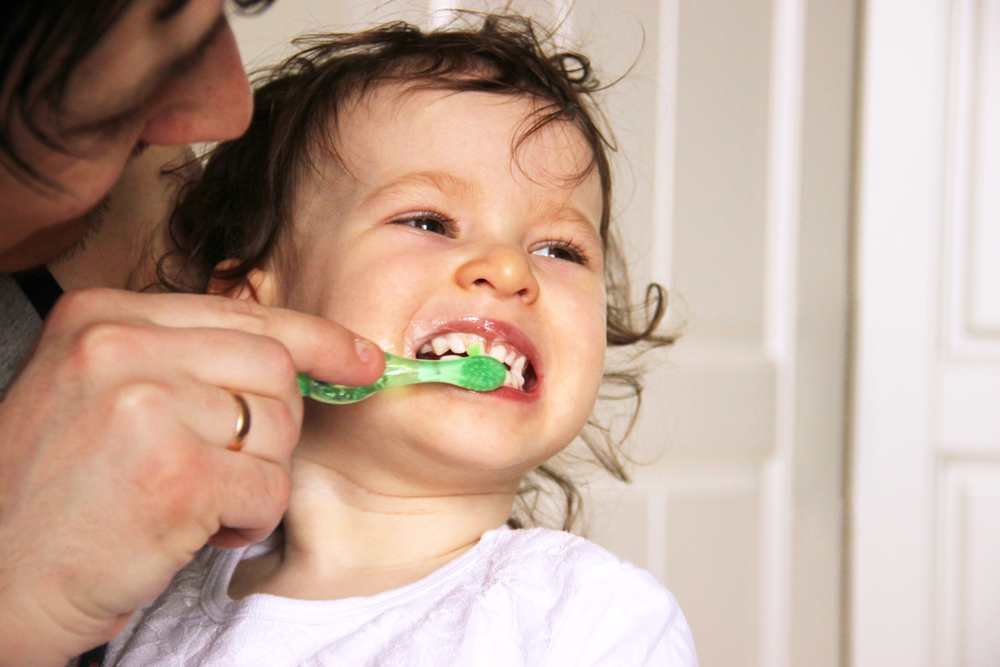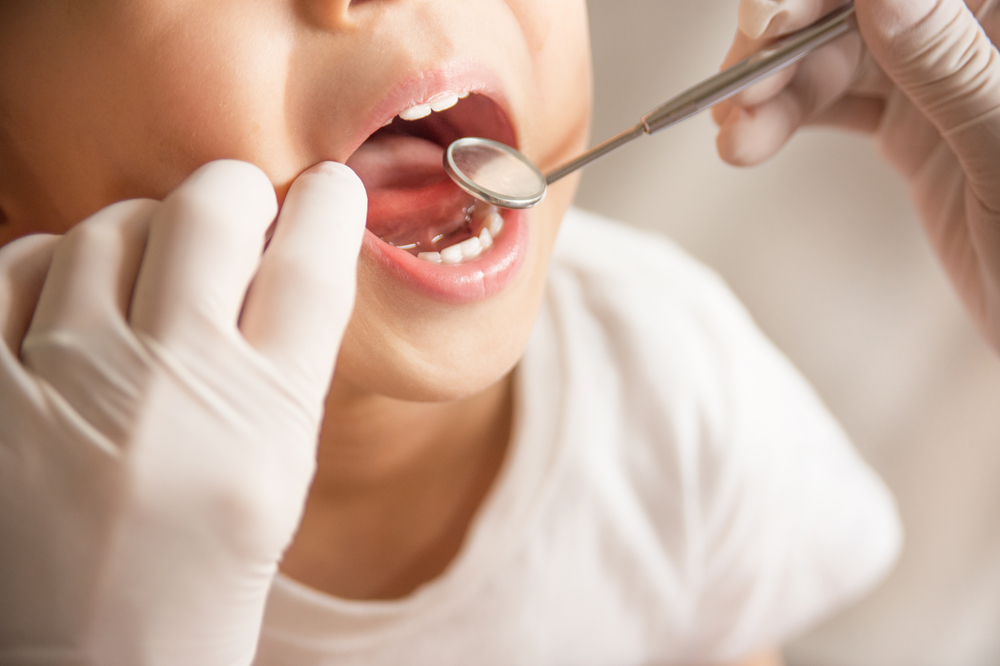How to Handle Teething and Common Teething Problems

Signs Your Child May Be Teething
• Drooling: Teething stimulates a lot of saliva, so if your baby seems to be drooling more than usual, it could be a sign.
• Chewing on things: Babies experiencing teething discomfort often try to soothe their gums by biting down on toys, fingers, or even clothing.
• Fussiness and irritability: Teething can be painful, leading to mood swings. If your baby seems unusually cranky, teething could be to blame.
• Swollen, tender gums: Check their gums for any swelling or redness. You might even be able to see or feel the outline of the emerging tooth.
• Sleep disturbances: Teething pain can make it difficult for babies to sleep, leading to restless nights.
• Loss of appetite: Some babies may refuse to eat or drink as much because the pressure of sucking or chewing can make their sore gums hurt more.
How to Confirm if Your Baby is Teething
Tips for Managing Common Teething Issues
Teething Toys: Give your baby teething rings or toys to chew on. These can be placed in the fridge to cool, providing extra relief for swollen gums.
Cold Washcloth: A chilled (not frozen) washcloth can be a great tool for soothing your baby’s gums. Simply dampen it and let them chew or suck on it for comfort.
Massage the Gums: Gently rub your baby’s gums with a clean finger. This can help relieve some of the pressure and pain.
Use Infant Acetaminophen: If your baby is particularly fussy or seems to be in significant discomfort, ask your pediatrician if infant acetaminophen is appropriate for easing their pain.
Keep them Comfortable: Continue with their routine to provide a sense of stability and comfort. Extra cuddles and calm environments can go a long way when they’re feeling out of sorts.

When Should Your Child See A Dentist?










2.png)
